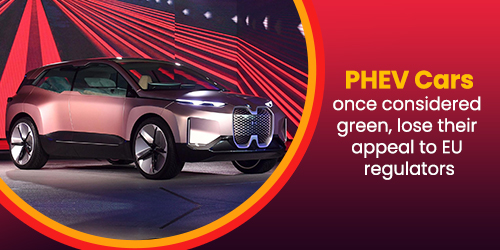EU policy plans for plug-in hybrid vehicles, which comprise an electric powered battery and a combustion engine, ought to mean the “transition” generation has a shorter lifespan than envisaged through some leading automakers.
Don’t forget while plug-in hybrid automobiles have been the cross-to generation for the weather-conscious motive force? Seems, they may be no longer correct for the environment, in line with a few experts, and they will be phased out with the aid of carmakers in the face of more difficult EU guidelines.
EU policy plans for plug-in hybrid vehicles, which comprise an electric powered battery and a combustion engine, ought to mean the “transition” generation has a shorter lifespan than envisaged through some leading automakers.
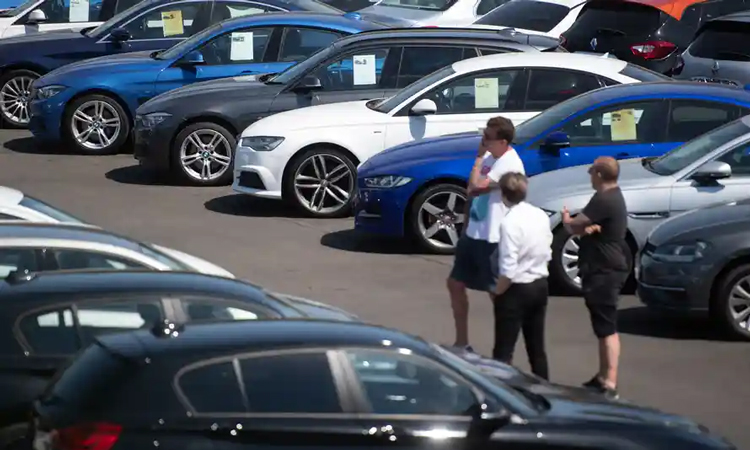
Draft green finance policies could ban manufacturers from labelling them as “sustainable investments” past 2025, potentially deterring investors. Meanwhile planned regulations on emissions of pollution like nitrogen oxides ought to increase the price of producing those automobiles. The intention of such reforms is to hurry the transit to fully-electric powered automobiles and meet weather desires.
Yet they would mark a shift from present European policies, together with co2 requirements, which have dealt with hybrids on a par with all-electric powered motors and helped spur the auto industry to make investments tens of billions of euros in the technology. A few carmakers had envisaged promoting hybrids until as a minimum the stop of this decade as a bridge to completely battery electric powered automobiles despite the fact that their shift away from the generation looks to be underway.
Analysis of car production plans in Europe through to 2028 compiled for Reuters by means of auto forecast solutions which tracks enterprise manufacturing plans, shows most effective 28 PHEV models as opposed to 86 models.
That is a turnaround for an industry wherein PHEV fashions in the marketplace have outnumbered models every 12 months considering that 2015, regularly considerably. Now some carmakers fear the European should upfront cut short that transition. They warn upcoming guidelines may want to make it tough to promote PHEVs in EU markets in only a few years’ time, no matter customer issues about the range of fully electric automobiles and a loss of charging infrastructure.
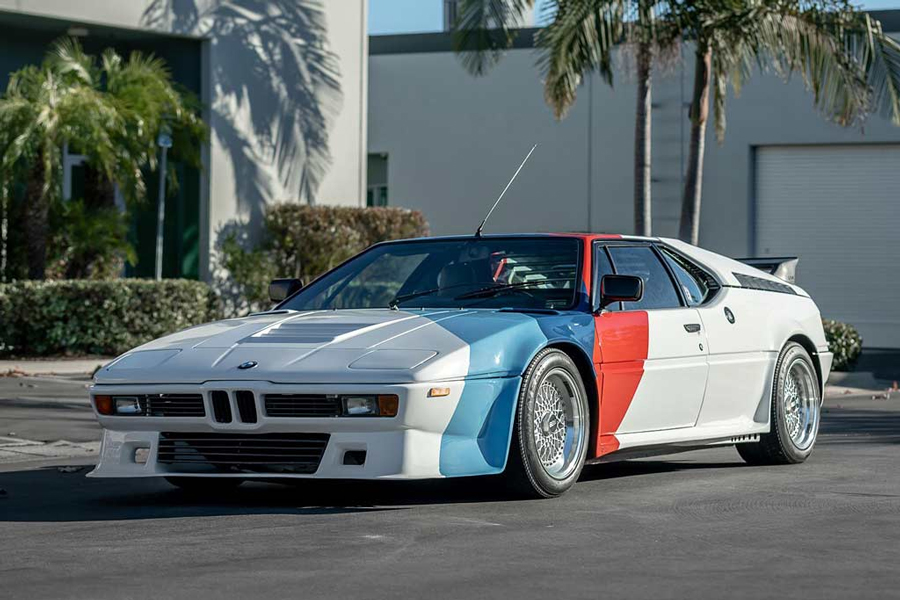
“It’s loopy to do this by way of 2025 because efficaciously you kill call for these days,” said Adrian hallmark, Ceo of British luxury carmaker Bentley, a unit of Volkswagen, referring to proposals to no longer classify PHEVs as sustainable investments. He plans to sell PHEVs until 2030 earlier than going all-electric powered.
“For most of the people, a battery electric powered automobile is not yet practical,” he told reuters. A eu fee reliable declined to touch upon the green finance policies specifically, but stated its regulations had been “generation impartial”, including that PHEVs had been “a transition generation towards 0-emission mobility”. To reach an ordinary climate neutrality goal in 2050, almost all vehicles at the roads must be 0 emissions with the aid of that point, the fee delivered.
The guidelines, which can be nevertheless being drafted, come towards the backdrop of a shift in the role of a few leading environmental businesses which are pushing to dispel PHEVs’ inexperienced credentials and take away their subsidies.
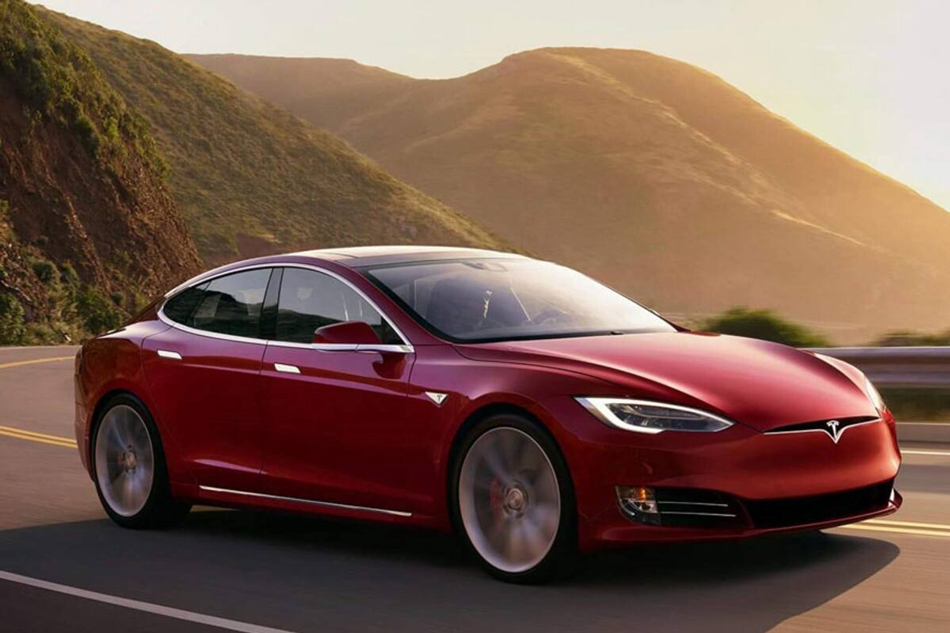
One have a look at, from the global council on clean transportation final September, said PHEVs’ gas intake and co2 emissions are up to four times the extent they may be permitted for due to the fact human beings do now not fee them often enough. Julia polis Canova, senior director for cars and e-mobility at EU transport & environment, said its personal studies confirmed that when pushed in combustion-engine mode, hybrids’ co2 emissions were higher than traditional motors’ – they’re heavier than combustion-handiest cars so used more gas.
They add that PHEVs are a famous transitional preference for clients who want greener travel. PHEV income in the European more than trebled to 507,000 motors in 2020, almost as many because the nearly 539,000 all-electric vehicles offered.
Gauging carmakers’ investments on PHEVs is hard because they simplest announce wide “electrification” plans. Consultancy partners estimates carmakers and suppliers will make investments $200 billion in electrification from 2020 to 2024.
German engineering experts estimates becoming a battery, motor and electronics to a combustion engine automobile to make a PHEV prices as much as 4,000 euros in step with car. EU automakers are dividing over whether to fight for PHEVs, or spend their economic and political capital accelerating the leap to fully electric motors and pushing for higher charging infrastructure throughout the continent.
Stephan neugebauer, chairman of the EU green vehicles initiative association, informed Reuter’s technology improvements will imply destiny PHEVs rely less on their combustion engines, making them suit for the inexperienced transition over the following decade or even past.
“Will all clients purchase battery electric powered automobiles in 10 years, or nine years? We don’t assume so,” stated Neugebauer, who’s additionally BMW’s director of world research cooperation.
“Why? Due to the fact now and again you need to make a protracted-distance trip, you cross on vacations; you have got to tug a trailer. And for this, you want public charging infrastructure. And this will still be an important trouble.”
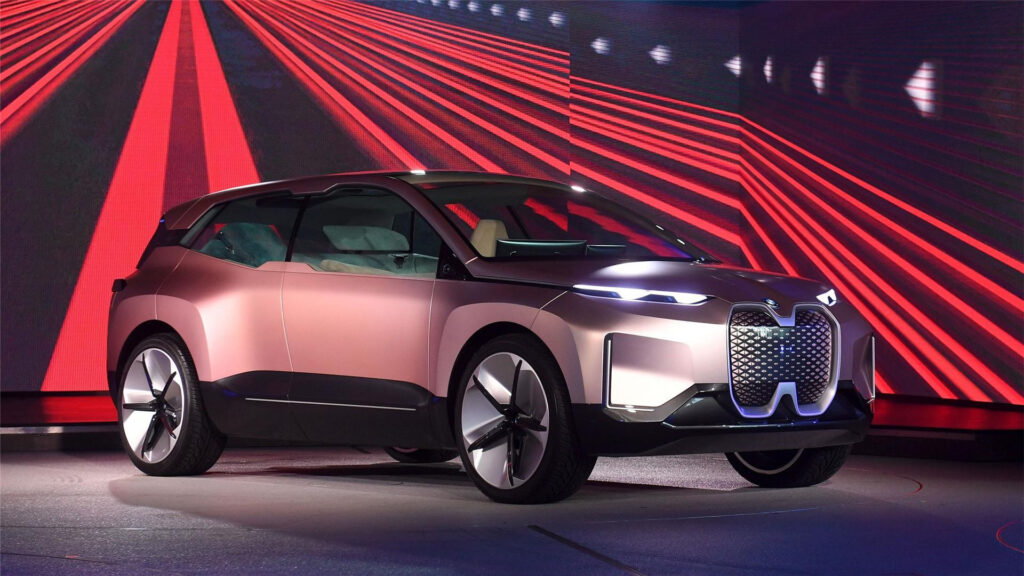
BMW and Renault, that have no longer set a date for going all-electric powered, are many of the businesses firmly in the hybrids camp. BMW boss Oliver zipse said last month that they were “a top notch client product” and there would be a market for them even without subsidies.
Renault CEO luca de meo stated in February that PHEVs “might be part of the panorama for the following 10 years effortlessly” and had been extra profitable than conventional cars. Volvo cars CEO håkan Samuelsson told Reuters: “it is a bit disappointing they do not see the fee of a plug-in hybrid”. However he stated his corporation, which targets to be all-electric by way of 2030, become more centered on pushing the EU to make member states make investments heavily in charging infrastructure.
“If we inside the vehicle industry invest in electric powered cars, and do that very hastily, i think our credibility to ask for investments within the charging community increases,” he said.
The European fee is because of advice at the least a dozen pieces of legislation to diminish emissions throughout all sectors this year. Current drafts of the European’s sustainable finance taxonomy, a listing of financial activities that from next year will determine what can be marketed as a sustainable investment, exclude manufacturing of PHEVs from 2026.
That would deter the military of buyers seeking belongings with inexperienced credentials. It is able to additionally potentially restrict public investment, if governments moved to align their spending with the taxonomy. At the same time as many countries still subsidise PHEVs, the Netherlands scaled back tax breaks for them in 2016.
By using 2020, eight times as many PHEVs were bought within the USA. As PHEVs, compared with four times as many PHEVs as PHEVs 4 years before, displaying how authority’s coverage on car generation can have a primary impact on consumer behaviour. A consortium of researchers, commissioned by using the EU and referred to as clove, this month advocated that so-referred to as euro 7 guidelines should tighten automobile emission limits for pollutants along with nitrogen oxides and carbon monoxide from 2025.
Its recommendations aren’t binding, but intention to tell the EU commission’s proposals, due later this yr. Transport & environment, a part of the commission’s expert group working on the standards, said the proposals would pressure carmakers to fit PHEVs with luxurious era to decrease emissions from their combustion engines.
Hildegard Mueller, president of German car industry association, said the proposals were “on the restriction of what’s technologically conceivable”.
“We nevertheless have to be very careful that the internal combustion engine is not made not possible with the aid of euro 7,” she said.
